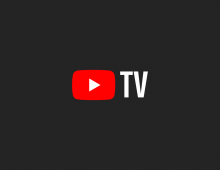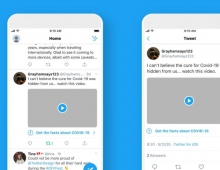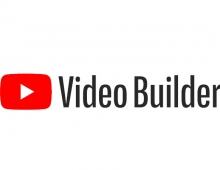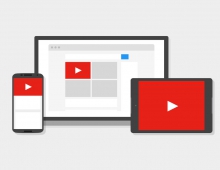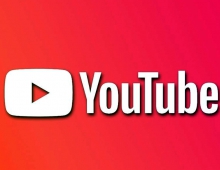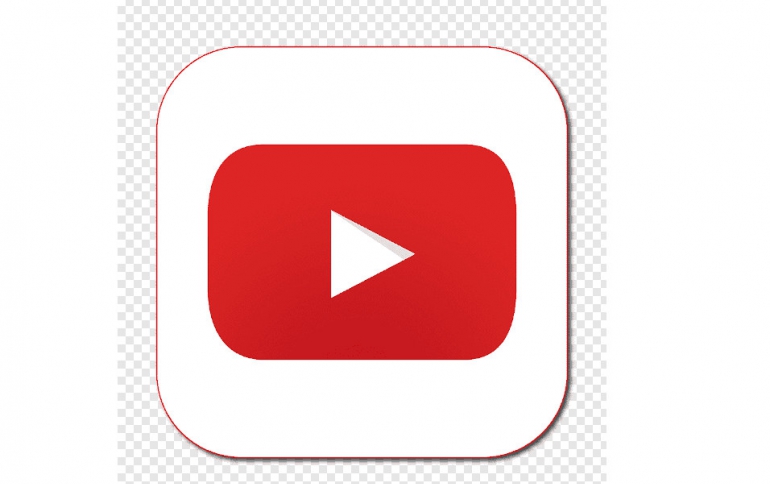
YouTube Fact-Check Coming to U.S.
YouTube will start showing links to fact-check articles to viewers in the U.S., part of its effort to stop the spread of misinformation.
The fact check feature expands upon the other ways Youtube raises and connects people with authoritative sources. For example, Youtube's Breaking News and Top News shelves help Youtube viewers find information from authoritative sources both on their YouTube homepage and when searching for news topics. In 2018, Youtube introduced information panels that help surface a wide array of contextual information, from links to sources like Encyclopedia Britannica and Wikipedia for topics prone to longstanding misinformation (e.g. "flat earth" theories), or more recently, linking to the WHO, CDC or local health authorities for videos and searches related to COVID-19.
Youtube is now using these panels to help address an additional challenge: Misinformation that comes up quickly as part of a fast-moving news cycle, where unfounded claims and uncertainty about facts are common. (For example, a false report that COVID-19 is a bio-weapon.)
The fact check information panels provide fresh context in these situations by highlighting relevant, third-party fact-checked articles above search results for relevant queries.
There are a few factors that determine whether a fact check information panel will appear for any given search. Most important, there must be a relevant fact check article available from an eligible publisher. And in order to match a viewer’s needs with the information Youtube provides, fact checks will only show when people search for a specific claim. For example, if someone searches for "did a tornado hit Los Angeles," they might see a relevant fact check article, but if they search for a more general query like "tornado," they may not. All fact check articles must also comply with Youtube's Community Guidelines, and viewers can send feedback to the Youtube team.
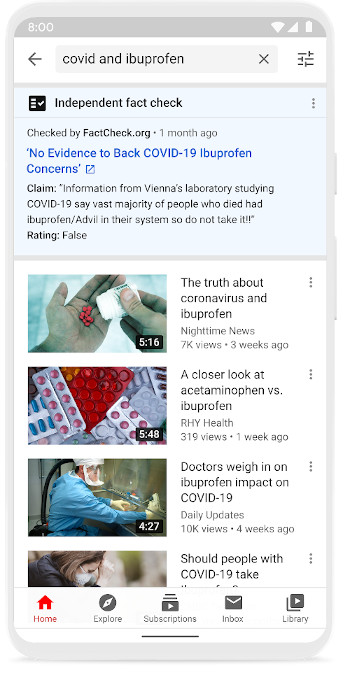
Youtube's fact check information panel relies on an open network of third-party publishers and leverages the ClaimReview tagging system. Youtube says all U.S. publishers are welcome to participate as long as they follow the publicly-available ClaimReview standards and are either a verified signatory of the International Fact-Checking Network’s (IFCN) Code of Principles or are an authoritative publisher.
Over a dozen U.S. publishers are participating today, including The Dispatch, FactCheck.org, PolitiFact and The Washington Post Fact Checker.
In addition, YouTube will provide $1M through the Google News Initiative to the IFCN to bolster fact-checking and verification efforts across the world. This follows Google’s efforts to support the ecosystem in the midst of the challenging COVID-19 environment, and Youtube will be looking for more ways to support the fact check ecosystem in the future.
Youtube says as its systems become more accurate, over time, it will roll this feature out to more countries.
Google and Facebook Inc. have been criticized for letting misinformation spread. But the companies can’t or won’t check the veracity of all the content posted on their services. Instead, they have tapped external fact-checking groups to deal with false and unverified claims.

